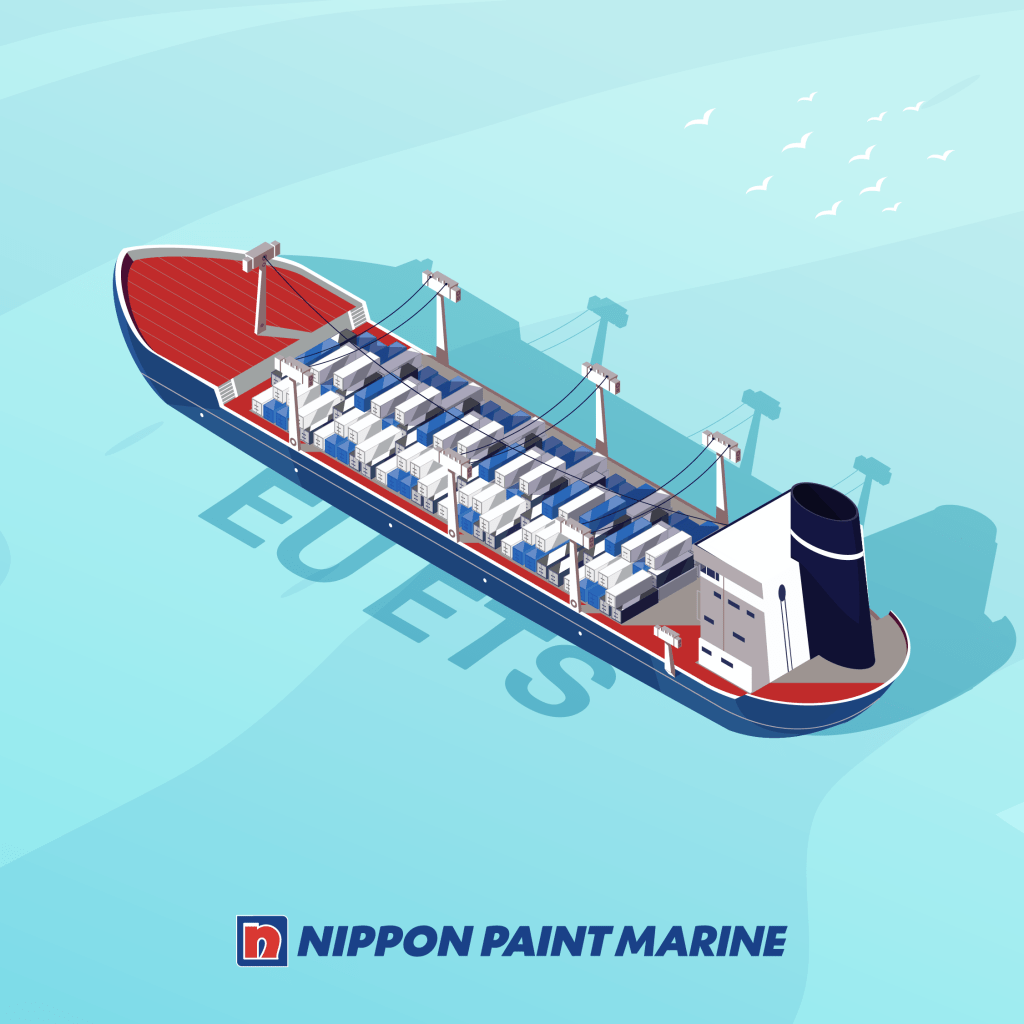The EU Emissions Trading System (EU ETS) has now been extended to cover maritime transport emissions. This topic has been debated for years and now, shipping’s inclusion in the EU ETS from 1 January 2024 is a reality.
The EU ETS operates as a ‘cap-and-trade’ system, in which the EU sets a limit on the amount of CO2 that can be emitted each year. This target is set to decrease this year-on-year, with the goal of reducing emissions by 62% from 2005 to 2030. Shipowners must purchase a European Emission Allowance (EUA) to cover each tonne of CO2 that they emit each calendar year. The cost is forecast to be on average €83.55 per metric tonne in 2024 and €88.95 in 2025. Under these rules, ship operators can only generate levels of greenhouse gas emissions that are covered by their purchased allowances. If these levels are exceeded, heavy fines will be imposed.
With a price now put on carbon, the EU has created a financial incentive for companies to comply with its emissions trading system. Shipowners and operators are therefore looking for proven solutions, available now, that will enable them to avoid non-compliance and the high price that this would cost them in penalties.
Assessing and addressing hull fouling will be vital to reduce drag resistance, improve fuel efficiency and ultimately, reduce CO2 emissions. Marine coatings therefore have a crucial role to play today in helping shipowners to ensure compliance with the EU ETS.
Although the diversity and availability of hull coatings is widespread, ship owners and operators should look to adopt proven solutions based on thorough due diligence and analysis to ensure the efficiency savings that are claimed are verifiable. This entails working with manufacturers like Nippon Paint Marine that demonstrate rigour in the R&D and testing process and that can achieve meaningful reductions in fuel consumption and emissions.
For example, the Maersk McKinney Møller Center for Zero Carbon Shipping believes that 8% energy savings are possible between now and 2030 just by optimising the way we operate as an industry; Nippon Paint Marine’s AQUATERRAS coating can reduce fuel consumption up to 10%.
Marine coatings solutions will play a critical role in supporting ship owners and operators to meet their increased regulatory requirements, as well as enabling them to achieve their own sustainability goals as the industry transitions to greener operations for the long-term.
Read more about our award-winning, biocide-free AQUATERRAS product here: https://www.nipponpaint-marine.com/products/aquaterras/



